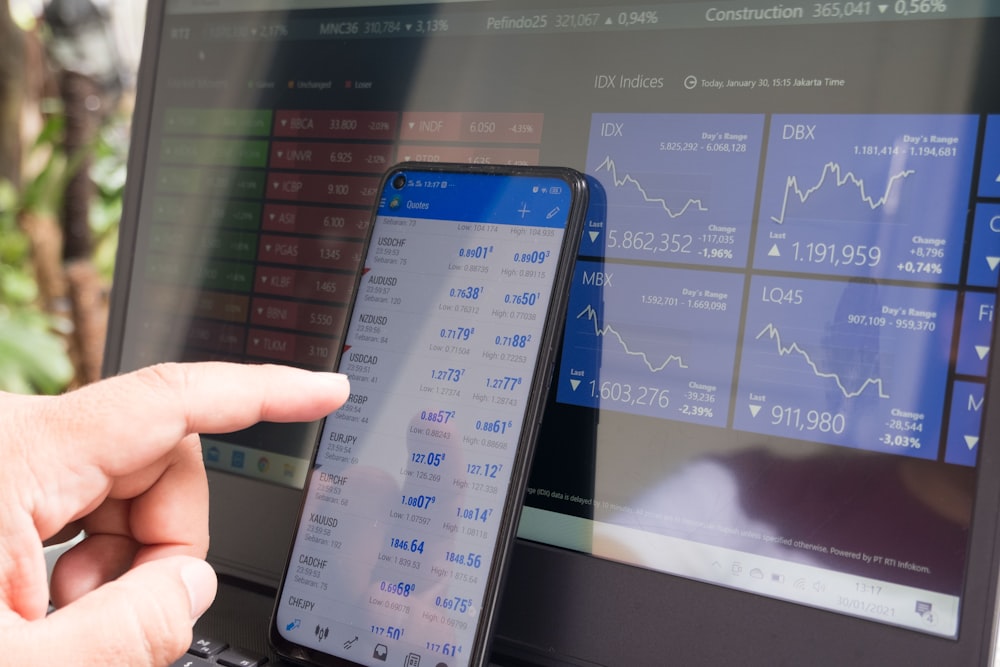FuelCell Energy Stock: Surges 150% In October On AI Data Center Boom
Image Source: Unsplash
Key Takeaways
- FuelCell Energy stock closed at $8.95 on Oct. 31, 2025, up 15.8% that day after rallying roughly 150% over the past month on AI and hydrogen sector enthusiasm.
- The company reported Q3 revenue of $46.7 million, doubling year-over-year, with a backlog of $1.245 billion in signed contracts, though it posted a net loss of $91.9 million.
- Wall Street maintains a cautious Hold rating with average price targets around $8-$9, suggesting limited upside from current levels despite recent momentum.
- The rally was driven by sector-wide catalysts, including Bloom Energy’s $5 billion Brookfield partnership and positive analyst notes on hydrogen stocks, rather than company-specific news.
- Federal policy changes present risks, with Congress passing legislation to eliminate the 45V hydrogen production tax credit after 2025, which could undermine long-term project economics.
FuelCell Energy (FCEL) closed at $8.95 on Oct. 31, marking a 15.8% gain for the day. Over the past month, the stock climbed roughly 150%, though it has remained volatile with a beta of approximately 4.2.
(Click on image to enlarge)
Image Source: KnockoutStocks
The company’s market cap stands at about $289 million, up 58% from a year ago. Trading volume spiked throughout October as investors piled into hydrogen and fuel cell stocks on speculation about AI data center power needs.
FuelCell Energy hit $11.43 on Oct. 14 before pulling back to $7.73 by Oct. 30. These wild swings reflect the speculative nature of the stock, which has been trading in a 52-week range of $3.58 to $13.98.
The company reported third quarter fiscal 2025 revenue of $46.7 million, doubling from the prior year. Most of the growth came from fuel cell module deliveries to South Korean customers. FuelCell’s backlog now totals $1.245 billion in signed future orders. Management points to this pipeline as evidence of growing demand for their molten-carbonate fuel cell technology.
The quarter also brought a net loss of $91.9 million, or $3.78 per share. One-time restructuring charges and a $64.5 million impairment drove much of the loss. Adjusted EBITDA loss improved to $16.4 million, but the company remains unprofitable.
Sector News Drives Stock Movement
FuelCell had no major company announcements in late October. Instead, the stock rode a wave of positive news about competitors and the broader hydrogen sector.
Bloom Energy’s $5 billion partnership with Brookfield to power AI data centers sent that stock up 25% on Oct. 13. FuelCell Energy gained about 8% that same day on the spillover excitement.
An H.C. Wainwright upgrade of Plug Power on Oct. 3 sparked a 16% jump in FuelCell Energy shares. The analyst doubled Plug’s price target to $7, citing data center demand for hydrogen backup power.
CEO Jason Few has positioned FuelCell’s systems as ideal for AI applications. He says surging power needs from artificial intelligence create opportunities the company is uniquely positioned to capture.
The company restructured in mid-2025 to focus on carbonate fuel cells and cut operating costs by roughly 15%. Management believes this sharpens their competitive position in distributed power markets.
Analyst Targets Suggest Caution
Wall Street assigns FuelCell a consensus Hold rating. No major firm rates it a Buy. About seven analysts cover the stock, with most at Hold or Neutral. The average 12-month price target sits around $8 to $9. That implies limited upside or slight downside from recent trading levels. UBS raised its target to $7.25 in September. Canaccord set a $12 target but maintained a Hold rating. Weiss Ratings issued a Sell grade, citing financial challenges.
Price-to-sales sits at roughly 1x. Price-to-book comes in near 0.4x, reflecting the company’s modest net cash position of about $40 million against heavy losses.
Policy Risks Cloud Outlook
Federal incentives have supported fuel cell economics. A 30% investment tax credit for fuel cells runs through 2032. Clean hydrogen production credits from the Inflation Reduction Act also help project economics.
Congress passed the “One Big Beautiful Bill” Act in mid-2025. The legislation aims to eliminate the 45V hydrogen production tax credit after 2025. Industry group FCHEA president Frank Wolak warned the change “will definitely have a chilling effect on hydrogen.” Analysts say removing the credit could undermine long-term project viability.
FuelCell’s valuation has been trading below peers like Bloom Energy, which carries an enterprise value-to-sales ratio near 45x compared to FuelCell Energy’s 1.4x. The discount reflects execution risk and the uncertain path to profitability.
More By This Author:
AMD Stock: Analyst Raises Price Target To $300 Ahead Of EarningsVisa Stock: Stablecoin Card Spending Quadruples As Crypto Integration Grows
Solana Price: ETFs Record $199 Million In First Week While Token Drops 8%




